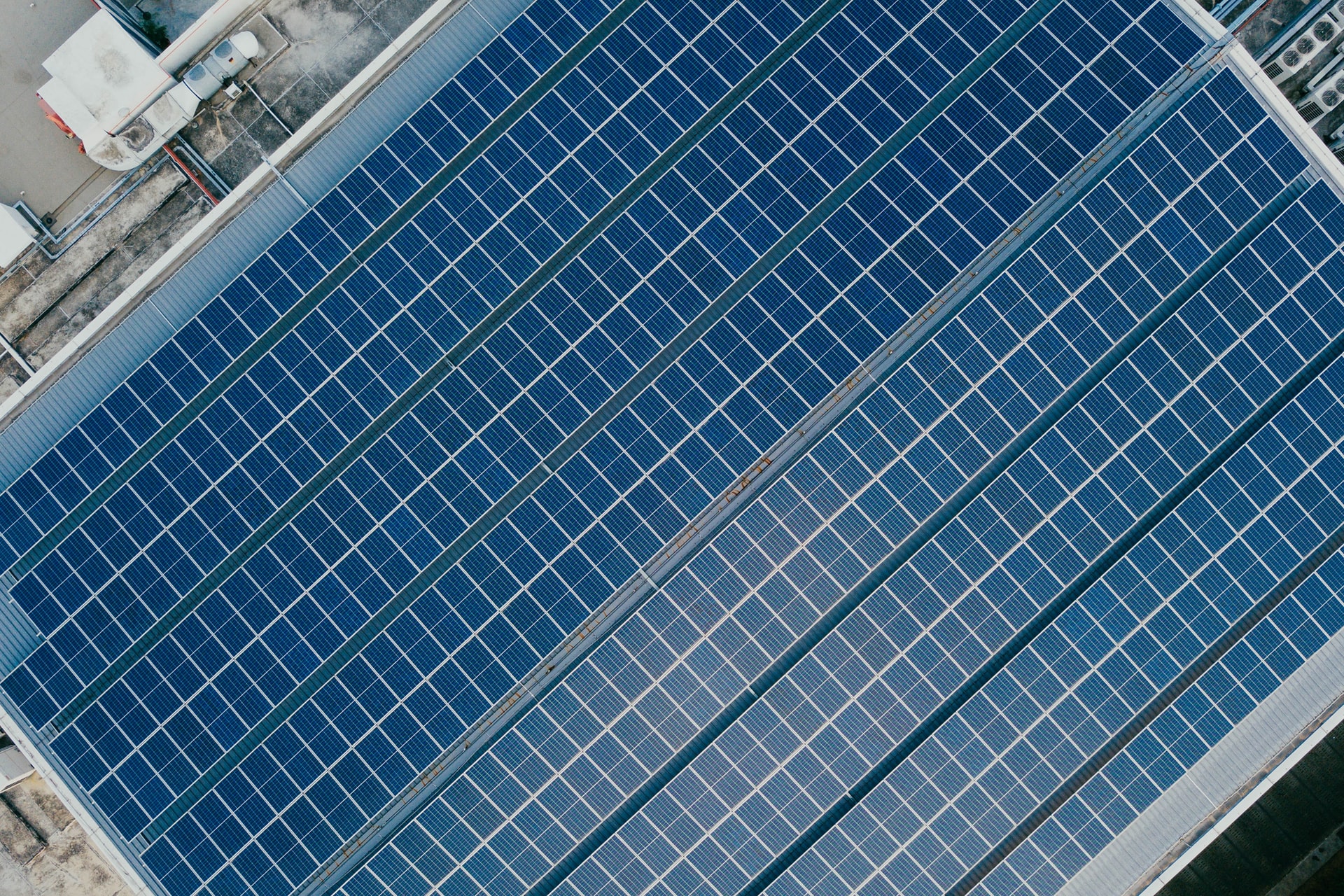EUROPE MAY INITIATE PLAN REQUIRING SOLAR PANELS ON ALL PUBLIC BUILDINGS BY 2025
SOLAR ELECTRICITY AND HEAT ARE KEY FOR PHASING OUT EU’S DEPENDENCE ON RUSSIAN NATURAL GAS
Countries are speeding up efforts to transition to 100% renewable energy sources, not just for the sake of the climate, but also to build independence from Russian fossil fuels. Germany accelerated its own schedule to become 100% renewable, seeing the danger to its energy sector that Russia posed, and now the European Commission is following suit.
To help wean countries off Russian fossil fuels, the European Commission is proposing an impressive rollout of solar energy and restructuring its entire solar manufacturing industry.
Despite solar photovoltaic (PV) costs decreasing by more than 80% over the past 10 years, solar only accounted for 5% of EU’s electricity in 2020, and its share in heat production sat at a very low 1.5%.
“Solar electricity and heat are key for phasing out EU’s dependence on Russian natural gas,” the Commission wrote in the draft which is set to be published this week in a package of proposals to end the European Union’s dependence on Russian oil and gas.
THE SOLAR ROOFTOP PLAN
The scheme launched by Brussels called the “European Solar Rooftops Initiative,” would oblige the EU and national governments to provide funding and launch support programs for the installation of rooftop panels and solar energy in all suitable public buildings by 2025.
According to EU Green lawmaker Michael Bloss, “the solar turnaround has never been tackled in concrete terms.” Thus, he, along with other countries like Austria, Lithuania, and Spain, calls for Brussels to handle the transition to clean energy with legal tools instead of voluntary schemes. This means legally requiring new buildings to have solar rooftops on flat roofs, public buildings, and supermarkets across Europe.
Another EU plan hopes to bring together governments and training providers to focus on educating solar sector workers, while an “EU Solar Industry Alliance” would put the bloc’s budget and carbon market “innovation fund” to use by supporting investments in manufacturing.
DRAFT EU PLAN PROPOSES ROOFTOP SOLAR ON ALL PUBLIC BUILDINGS BY 2025
A leaked draft of the REPowerEU plan sets out faster permitting rules for new projects and a solar strategy that could make rooftop solar mandatory for all new buildings.
The REPowerEU package is set to be presented next week and the document is still a work in progress, but the draft shows photovoltaics are one of the key components to phase out dependence on Russian fossil fuels.
According to reports, the European Commission will push to increase solar power capacity to 300 GW for 2025 and to 500 GW for 2030 to speed up the transition to renewable energy, reduce emissions and Europe’s dependency on energy imports. The leaked plan also lays out a roadmap to boost solar energy.
The Commission plans to launch a “European Solar Rooftops Initiative” to cut gas-fuelled power and heating in homes, offices, shops and factories. This plan would add 17 TWh of electricity after its first year of implementation, which is 17% higher than current EU projections. By 2025, it would generate 42 TWh of additional electricity, according to Euractiv.
The scheme would require the EU and national governments to limit permitting times to three months for rooftop installations while also push countries to use EU funding and launch support programmes for rooftop panels, and install solar energy in all suitable public buildings by 2025.
Although it’s still under consideration, the Commission might suggest making the installation of rooftop solar compulsory for all new buildings. The draft plan suggests having at least one renewable energy community in every municipality with a population of 10,000 or more by 2025.
The Commission is set to propose schemes for training workers in the solar sector and supporting photovoltaic equipment manufacturing projects. Additionally, a “European Solar Industry Alliance” would be launched to establish an innovation-led, resilient solar value chain in Europe.
Read original article in BrightVibes.
